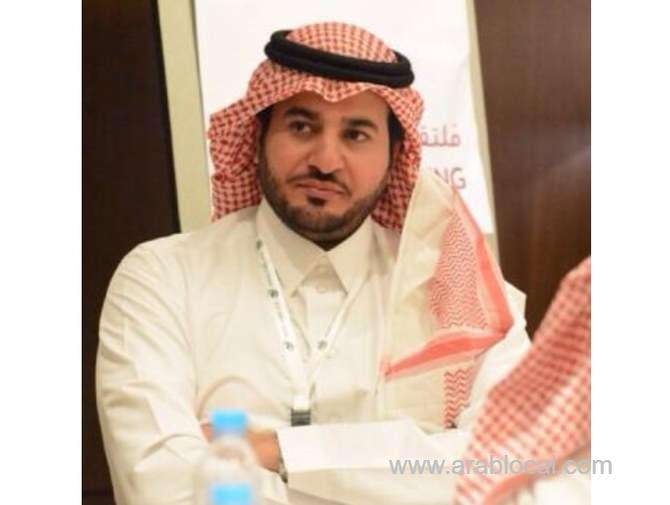The National Center for Non-Profit Sector in Saudi Arabia recently unveiled a comprehensive update to the regulations governing Saudi family funds. These new rules have been designed to streamline procedures and bring significant benefits to families and the broader non-profit sector. In this article, we explore the key changes, including the allowance for multiple fund setups, acceptance of donations from non-family members, and the removal of the financial transaction supervision requirement.
An exciting development has taken place in Saudi Arabia's non-profit sector, as the National Center for Non-Profit Sector launched an updated package of rules specifically related to Saudi family funds. The newly introduced regulations are expected to streamline procedures and bring forth important gains for families and the community at large.
One of the significant changes in the updated rules is the allowance for families to establish more than one fund. This flexibility empowers families to diversify their financial portfolios and better cater to their specific needs and aspirations. Additionally, the new regulations open the doors for center-approved donations from individuals outside the family circle. This move not only enhances the financial resources available to the family funds but also promotes inclusivity and community engagement.
Another noteworthy modification is the abolition of the previous requirement for the presence of a supervisor during financial transactions. This decision is poised to simplify the administrative burden for family funds and increase efficiency in their operations.
Ahmed Al-Suwailem, the CEO of the National Center for Non-Profit Sector, emphasized the significance of these updates. He stated that the changes reflect the crucial role that family funds play in strengthening kinship ties and fostering a spirit of harmony and solidarity among family members. Furthermore, Al-Suwailem underscored the efforts of the NCNPS to ensure sustainable financial targets and to implement effective governance procedures within family funds.
Nasser Al-Gharbi, chairman of the Economic Families Association's board of directors, praised the new rules for their contribution to strengthening the non-profit sector. He highlighted that family funds, as an essential part of the third sector, play a significant role in collective work and social responsibility. These funds, guided by the updated regulations, are expected to contribute even more effectively to the betterment of society.










